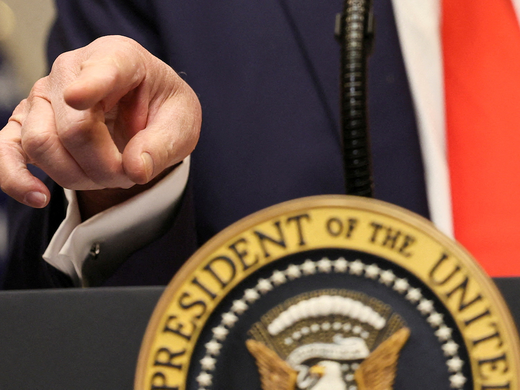Rising protectionism since Brexit in the United Kingdom and the election of Donald Trump in the United States poses challenges to the global economy. How China, the second-largest economy, responds to these threats will not only affect the direction of the global economy, but also its own interests. The progress of the China-US bilateral investment treaty (BIT) talks shows that China is embracing a next-generation BIT. Complicated domestic politics have influenced the last stage of the China-US BIT talks. While top leadership in China must intervene to break the stalemate, the US business community has pressed hard on the US government on a variety of issues. China’s acceptance of the next-generation BIT with unilateral liberalization is promising for the forthcoming China-Canada free trade agreement talks. It could be much easier for the two sides to reach agreement on investment and service trade. The talks offer China and Canada a special opportunity to stabilize the regional and world trade order currently challenged by rising protectionism.


